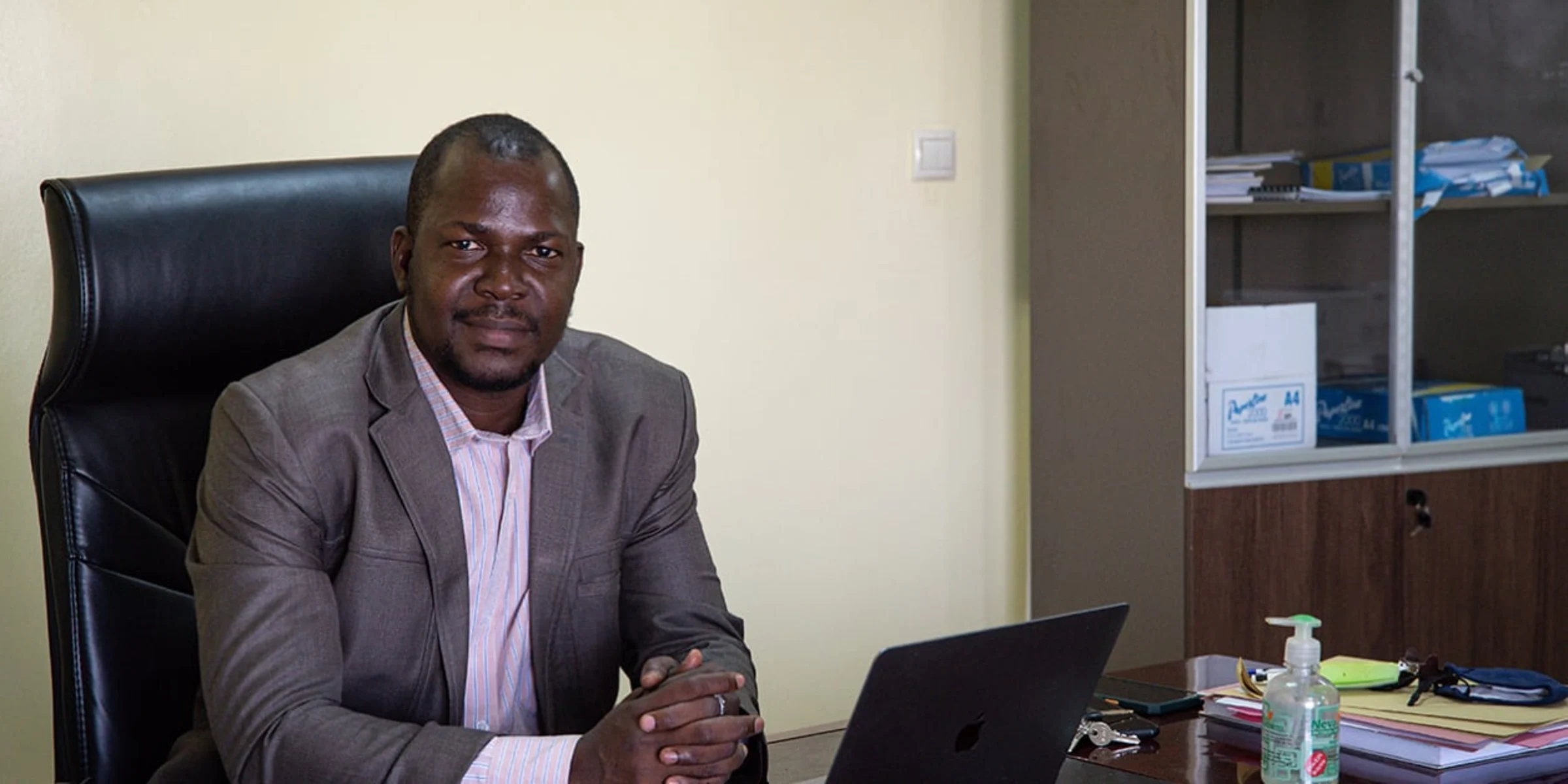
A court in Mali has sentenced a well-known academic to two years in prison, one of which is suspended, for criticising the military regime, his lawyer said.
“We are not surprised, even if we said we had faith in the justice system,” said lawyer Ibrahim Marhouf Sacko, referring to the case of his client Etienne Fakaba Sissoko.
Speaking in a video released on social media, Sacko said he would appeal.
Sissoko, an economist and professor at the University of Bamako, is the latest victim of a crackdown on criticism by the colonels who took power in 2020.
He was charged with “harming the reputation of the state”, “defamation” and “dissemination of false news disturbing the public peace” over his 2023 book “Propaganda, Agitation and Harassment, Government Communication During the Transition in Mali”.
The “transition” refers to the period the army leaders said they needed to stabilise the country before returning power to civilian rule. They have already missed their first March 2024 deadline and no new date has been set.
The book details the government’s “aggressive” use of “propaganda, agitation, manipulation and even lies” to win over public opinion, according to an online summary by the publishers.
But the government is experiencing its “first setbacks, a sign of running out of steam,” it said.
At a May 6 hearing, Sissoko defended his book as being based on facts and the works of outside experts.
Sissoko, a former advisor to deposed President Ibrahim Boubacar Keita, already spent several months in jail in 2022.
The authorities criticised him for speaking out against holding public events at Christmas time, which he said was harmful to Christians.
They also questioned the authenticity of his diplomas.
But his lawyer said he particularly angered the government by speaking publicly about the effect of sanctions imposed on Mali by its West African neighbours.
Mali has since 2012 been plunged into a political and security crisis fuelled by attacks from insurgents and other armed groups, as well as a separatist struggle in the north.
